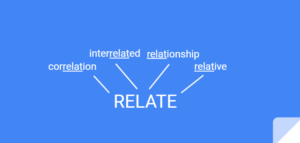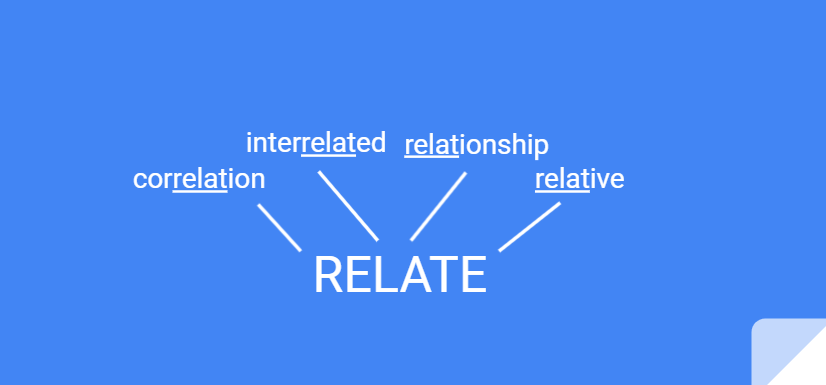Hello Teachers of Emergent Bilinguals! Everyone is having mixed feelings about going back to school on September 13th. My goal is to help you gain clarity, a positive mindset, and the linguistic knowledge and tools you need to get through this year.
That said, let’s boost your students’ vocabulary with base words on Day 1!
Last week, you learned about morphological awareness – when we can ‘see’ the parts of a word – and what a sample lesson looks like. This week, we need to start with Step 1 of morphology instruction and teach our students to recognize base words.
Morphological awareness is a top predictor of reading comprehension in emergent bilinguals (and other students) – use it to boost vocabulary with base words!
What is a base word?
Before we can teach our students the concept of a morpheme – that word parts have meaning – we need to teach them the concept that words can share a base, and have variations around the same meaning. With approximately 100,000 in English, there is no way you can teach your students vocabulary as a list!
A base word is a word that can’t be broken down into any parts.
For example, the word teach is the base word of teacher, teaching, teachable, and reteach.
The underlined parts are affixes (a prefix or a suffix) that attach to a base word. If teachable appears in a text, my students can recognize that the word contains the base word teach, and an additional part –able.
Even if I haven’t taught them the suffix -able and what it means, we just made it easier to decode and understand that word. Boom! We just boosted their vocabulary with base words.
Sometimes, however, it’s OK to teach students to recognize a base word that isn’t fully broken down and has a prefix or suffix. For example, if my students need to learn the word construction, I can teach them to recognize construct as the base word, even though that word consists of a prefix con- and root struct, meaning ‘to build’.
Students, especially emergent bilinguals, may not be ready for that level of analysis. It can be enough in the beginning to just have them recognize the noun or verb that the bigger words come from.
Now you practice: What’s the base word?
misspelling
connectivity
interrelatedness
You got it! The base words are spell, connect, and relate. Notice that two out of three are words with prefixes (con- in connect and re- in relate). At this point, it’s more valuable to my students to recognize relate in interrelatedness than identify the root late from the Latin.
If I teach them to recognize relate, see how many words they can begin to recognize in that word family:
related, unrelated, relative, relation, relationship, correlate, correlation, uncorrelated, interrelated
step 1: explicit modeling of word analysis
Now that you’ve got the hang of this, we first want to model for our students how to recognize a base word.

Teacher showing a picture of a family: “This is a family having a meal together. They are all related. Say it with me: re-la-ted. When I look at that word, I hear another word relate. Watch me underline it. I’m going to call this the “base” word, because it’s the word this other word is built on. The other word part is the suffix -ed. Suffixes attach to the ends of words.
step 2: Guided practice
I know relate means to have a connection to someone or something. I can think of one word that has the same base: relative. Your relative is someone in your family. Does anyone know any other words that have the same base word?”
You may not have time to do this with every single vocabulary word. Be strategic: pick an important word you know they can create at least 3 other words from. Start doing this with one word, then build up your students’ capacity to analyze more.
Next, create a mini-activity for them around that word. See my sample activity and blank template for you to create your own!
I’m going to be ambitious here: For Grade 3 and above, I want your students doing two of these mini-activities a week around vocabulary that is essential to your content. For example, my mini-activity around the word “relate” is for an 6th Grade ELA/ENL unit on identity in which we are reading I Am Malala.
PreK -2 teachers, focus on one word and practice phonological awareness with your students: have them listen to the word and identify the base, e.g., cloudy comes from the word cloud!
NEED HELP FINDING RELATED WORDS?
Try thefreedictionary.com In the search box, type your base word and make sure you’ve chosen ‘contains’ from the bubble menu options below.
Happy vocabulary planning teachers! As always, please put comments and questions below! I will get back to you and help you with your activities!

Leave a Reply